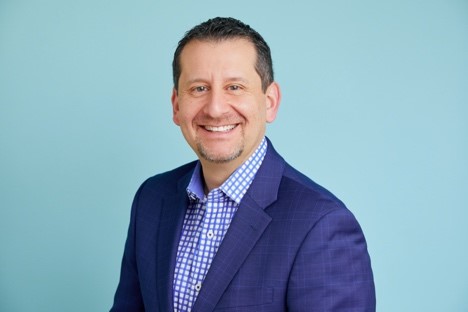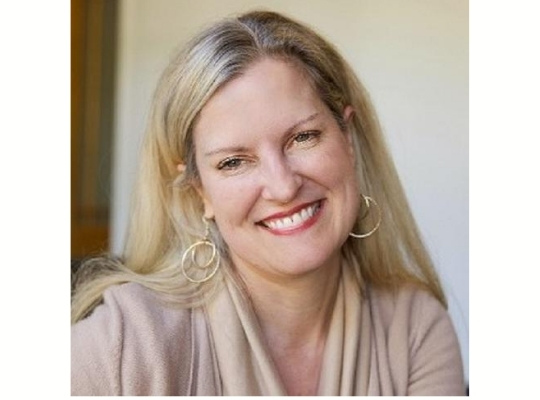
DSF Board Member Laura Davis-Tayor and legal guru Gary Kibel explore the concept of “Duty of Care”
Gary, your voice has been so helpful to the industry as we navigate both privacy and legal conversations around our Back to Business challenges. We’ve talked about things like Privacy By Design in past cross-industry conversations . A different—although adjacent—topic has similarly emerged: Duty of Care. What is this about?
Good question. When anyone is contemplating a lawsuit alleging negligence or breach of duty, you have to ask, what IS the duty? What was my obligation to you, the person? Should it have been safe screening? Maybe. Should it have been to ensure that it was impossible for you to get sick in my business environment? Likely no.
In absence of law, the legal claim someone makes to a business owner is likely a negligence claim. So, the filter the claim would be put through will be “what was the obligation?”
What makes this so tough for a business owner Gary?
In this new world we’re dealing with, the challenge is that there’s no standard. I’ve spoken before about the bills on the floor in Congress seeking to address this issue. Some lawmakers have proposed a waiver to help shield businesses from liability through these types of lawsuits altogether. It could be part of a COVID relief package being negotiated.
Wow, that’s quite a waiver.
Yep, and the point of views around it are (no surprise) polarized. Some feel that they should not let people sue—it’s too hard for businesses to control COVID exposure. Others counter that if you enact a waiver to relieve businesses from liablity for any kind of health safety measures, then businesses won’t do anything. How to find a middle ground is tough.
What’s your POV for businesses while all of this is up in the air?
Well, my view is that judges tend to be very practical. When faced with a lawsuit like this, they will look at what standard of care the business put in place and whether it was reasonable in light of the circumstances. It does not have to be perfect. With this in mind, we feel that you must do something…you can’t just do nothing.
Okay, so if businesses need to do something, how do they decide what things would be reasonable? What would be perceived as ‘their duty’?
I’m going to be the lawyer and be repetitive: based on what is reasonable. What is reasonable for each specific business situation? Masks? Pre-screening? Scanning or taking temps for every person? The answer will likely be different for every type of business and every type of environment. If we’re talking about a day care or children’s camp, is it reasonable to enact temp screening? Yes. However, if it’s a subway system with tens of thousands of people coming through, the answer is likely no. You get the point.
Net-net, the key questions are what is the business, how is it set up, what kind of traffic is coming in and out and, what is the purpose of the business, how do people interact with the business, and based on these answers, what makes sense for both the business and patrons. This is how a judge is going to look at it, so this business should make their own determinations accordingly.
How do the local (and often very polarized) government mandates tie in here?
If your state has set up guidance, you need to consider it. They can be the basis for a good argument. But they can be conflicting. In New York there’s been guidance from the state and guidance from the city—and at times they aren’t the same. Even when a governor says open, there could be a debate around the circumstances that led to a lawsuit.
If this topic concerns you, what next steps should you take?
It’s always advisable to speak with legal counsel before implementing a plan, but it’s imperative to regularly review those plans. We’re in an environment where things are changing quickly—and you need to be on top of the latest information and guidance.
Thank you Gary, this was truly insightful. As always, we appreciate you sharing your valuable time and wisdom. How can our members contact you?
Gary Kibel, Davis & Gilbert. My email is gkibel@dglaw.com and phone is 212.468.4918.
Related Articles

Laura Davis-Taylor
“LDT” has been focused on creating meaningful retail experiences that bridge home, life and store for over 25 years. Her experience is multifaceted, ranging across brand planning, digital engagement, store design, CX, behavioral analytics and retail innovation. She believes passionately that good brands do not make promises—they deliver experiences in unique and compelling ways, human-focused but backed by proven business results. With this philosophy, she has worked with brands such as AT&T, Toyota, Walmart, Best Buy, Coke, L’Oréal/Lancôme, Lowe’s, Office Depot, Foot Locker, 7-Eleven, EJ Gallo and Unilever.





